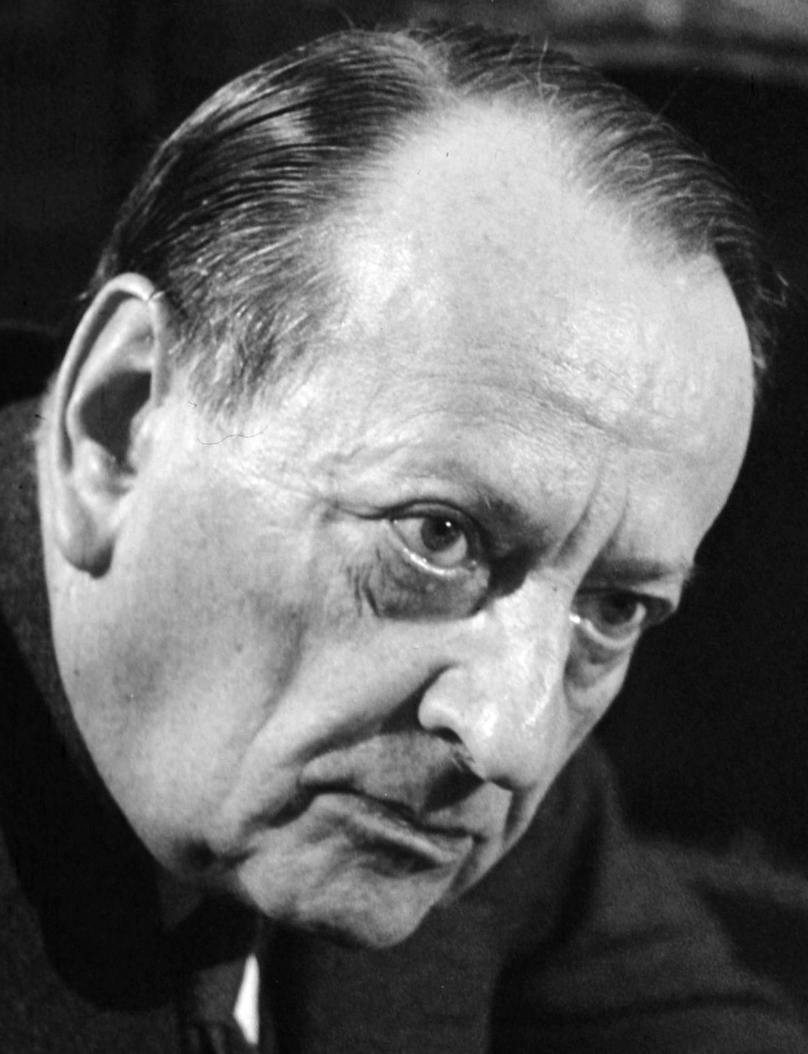On this date in 1901, writer and freedom fighter Georges André Malraux was born in Paris. His formal education was brief and he traveled to Asia as a young man, becoming a noted critic of French colonial rule in Indochina. He co-founded the Young Annam League and started a newspaper called Indochina in Chains. Malraux was an avowed religious agnostic, although he was once described as obsessed with the divine.
His first novel, The Temptation of the West (1926), was followed by The Conquerors (1928), The Royal Way (1930), Man’s Fate (1934), Days of Hope (1937) and The Walnut Trees of Altenburg (1943). After joining archeological expeditions to Iran and Afghanistan in the 1930s, Malraux co-founded the International Association of Writers for the Defense of Culture. During the Spanish Civil War,he flew on missions for the Republicans and was wounded twice.
During World War II he joined the French Army and was captured in 1940 during the Western offensive, then escaped and joined the French Resistance. In 1944 he was captured by the Gestapo and, following a mock execution, was rescued by the Resistance. He then joined the Free French and fought at Strasbourg and during the takeover of Stuttgart. He was awarded the Medal of the Resistance, the Croix de Guerre and the British Distinguished Service Order.
Gen. Charles De Gaulle appointed Malraux his minister of information in 1945-46. During the 1950s, Malraux wrote about aesthetics and art. After de Gaulle was returned to the presidency in 1958, Malraux served as France’s first minister of cultural affairs until 1968. He survived a 1962 assassination attempt by a right-wing group opposed to Algerian independence. His autobiography, Anti-Memoirs, was published in 1967.
Malraux married twice and had four children. He died of cancer at age 75 and was cremated. (D. 1976)
PHOTO: Malraux in 1974; public domain photo by Roger Pic.


